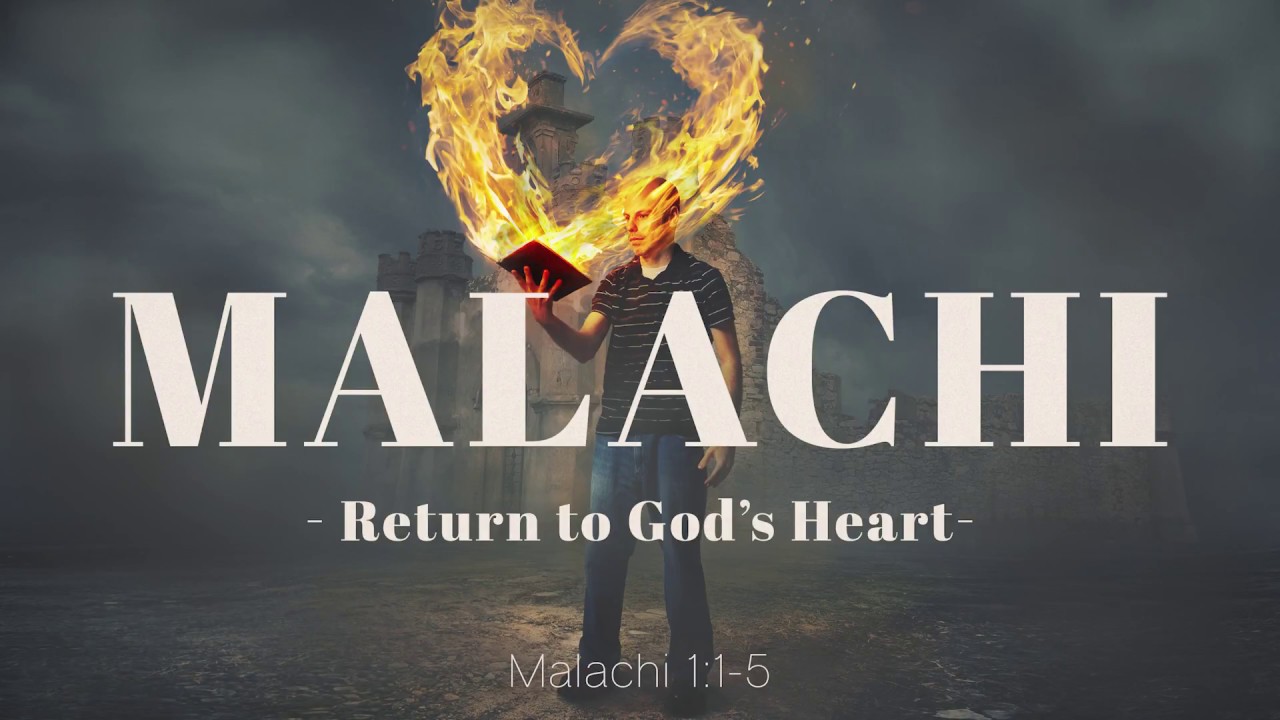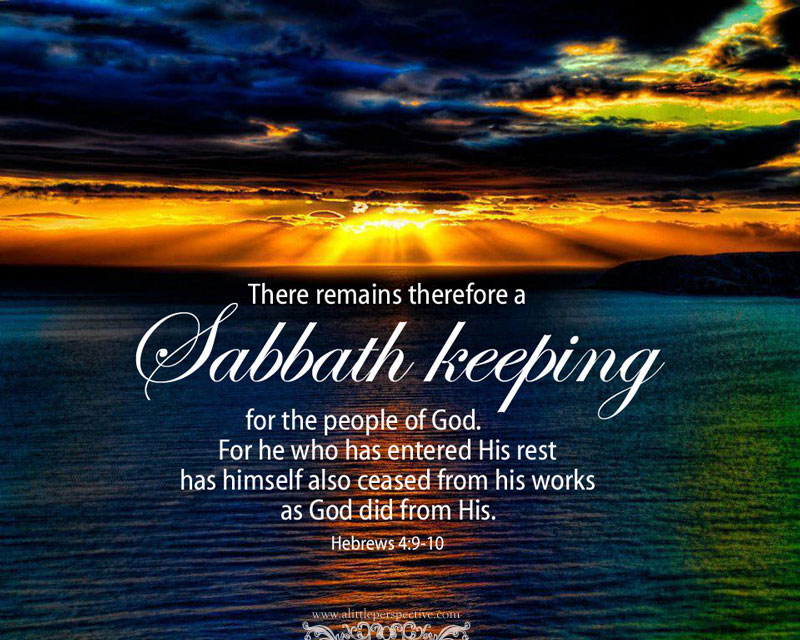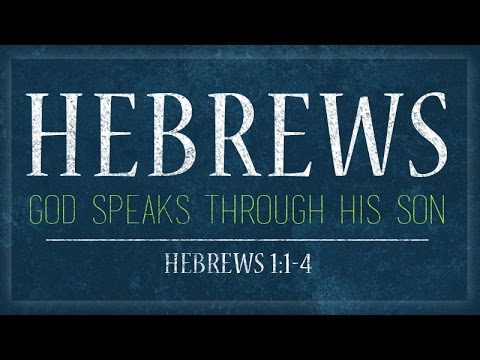Malachi Then and Now - God's Unchanging Love i. A Call to Respond to God's Love
/Preacher: Alan Cameron
Verses: Malachi 1:1-5
Cynicism is devastating. The default mode of despair and disillusioned people, it robs one of enthusiasm, commitment and energy. This was the situation confronting Malachi. Circumstances, opposition and adversity had all but destroyed Israel’s assurance of God’s presence and provision. Their homeland had been devastated by the Babylonian invasion, the temple destroyed and most of the population had been exiled. And now through Persian intervention, the people were beginning to return. The temple had been rebuilt under Haggai but the city walls remained a ruin. Even more galling, their neighbour Edom, descendants of Esau, had escaped unscathed. They had prospered whilst Israel suffered. The fact that Esau had cheated Jacob of their father Isaac’s blessing added insult to injury.






















